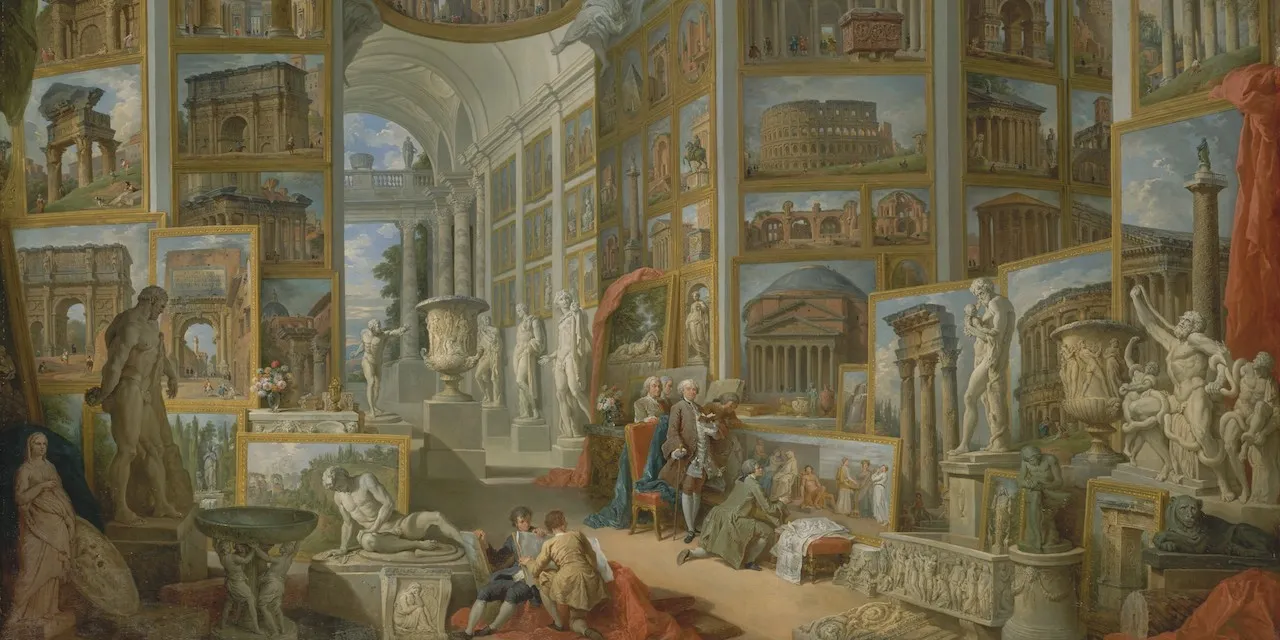Dead Language Society. A weekly newsletter on the hidden history of English. Join 37,000+ readers.
Subscribe on Substack →Anyone who has studied both Classical Latin and one or more of its descendants1 will doubtless have noticed some differences in the stock of words the ancient and modern languages use. Some examples from French and Spanish (the Romance languages I know best): where Classical Latin ager 'field' is replaced by descendants of campus (French champ, Spanish campo), Classical alius 'other' by descendants of alter (French autre, Spanish otro), and Classical lūdēre 'to play' by iocāre (French jouer, Spanish jugar). For these substitutions, it's hard to reconstruct a motivation: sometimes one word survives and another doesn't.2
But in many other cases, we can make an educated guess as to why a particular form survived where another did not. Some words, for example, belonged to a high register: inquit 'says', nūper 'recently', ōlim 'long ago, some day' may never have been part of the speech of non-elites.3 If indeed the common people of the late Roman Empire didn't ever say these words, it's not surprising that they would have not endured in the Romance languages, which are largely the continuation of the speech of the common people of the late Roman Empire.
Another reason that certain words dropped out of use seems to have been irregularity: we see many examples of words with irregular morphology in the classical language which have been replaced by more regular synonyms in the varieties of Latin ancestral to the Romance languages.4 For example:
- Classical fārī 'to speak' yielded to forms based on fābula 'story, fable' (hence Spanish hablar 'to speak') or the Greek loan parabola 'parable' (hence French parler 'to speak')
- Classical ferre 'to carry' yielded to portāre (hence French porter, Spanish portar)
- Classical pulcher 'beautiful' (not irregular per se but varying in its stem between pulcher and pulchr-) yielded to bellus (hence French beau/belle, Spanish bello5)
Yet another motivation for the replacement of certain words in the Romance word stock was likely homophony avoidance. For 'to drink', the Romance languages have favoured bibēre over potare: due to the collapse of vowel quality distinctions, pōtāre would have become synonymous with putāre 'to think, deem, consider'.6 Interestingly, in the variety ancestral to Spanish, bibēre was itself homophonous with vīvere 'to live' at an early point, due to the merger of /b/ and /w/ (spelled <v>) in this variety.
This merger was remarked on, humorously, in the quip Beātī hispānī quibus vīvere est bibēre, which translates to 'Happy are the Spanish, for whom to live (vīvere) is to drink (bibēre)'. The origins of this saying are shrouded in mystery7 and it is likely of quite late origin, although puns about vīvere and bibēre sounding similar do date to antiquity.
Another instance of homophony avoidance is probably to be found in the replacement of paene 'almost' with quasi (hence Spanish casi). I think I will fall afoul of your spam filters if I explain the reason directly, however. So suffice it to say that the Classical diphthong spelled <ae> merged with the simple vowel spelled <e>, so paene would have been indistinguishable from pene, the spoken form descending from the Latin word pēnis 'penis'. It's not hard to see why paene fell out of fashion, except in learned compounds such as paenīnsula 'an almost-island'.
References
- Alkire, Ti and Carol Rosen (2010). Romance Languages: A Historical Introduction. Cambridge: Cambridge University Press.
- Coromines, Joan and José A. Pascual (1984). Bello. In Diccionario crítico etimológico castellano e hispánico, Volume A-Ca, 562–563. Madrid: Gredos.
Footnotes
-
The Romance languages, i.e. French, Spanish, Italian, Portuguese, Romanian, etc. ↩
-
Alkire and Rosen (2010: 288). ↩
-
Alkire and Rosen (2010: 288). ↩
-
Alkire and Rosen (2010: 287–288). ↩
-
According to Coromines and Pascual (1984), Spanish bello likely does not derive directly from Latin bellus, but rather came into Spanish as a loanword from Old Occitan bel/bell. Bello is first attested in Spanish in the 13th century. ↩
-
Alkire and Rosen (2010: 288). ↩
